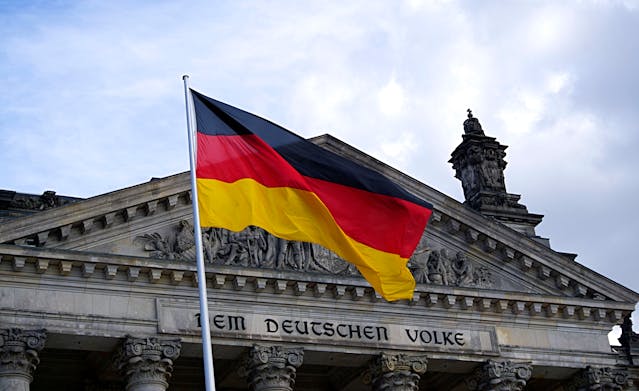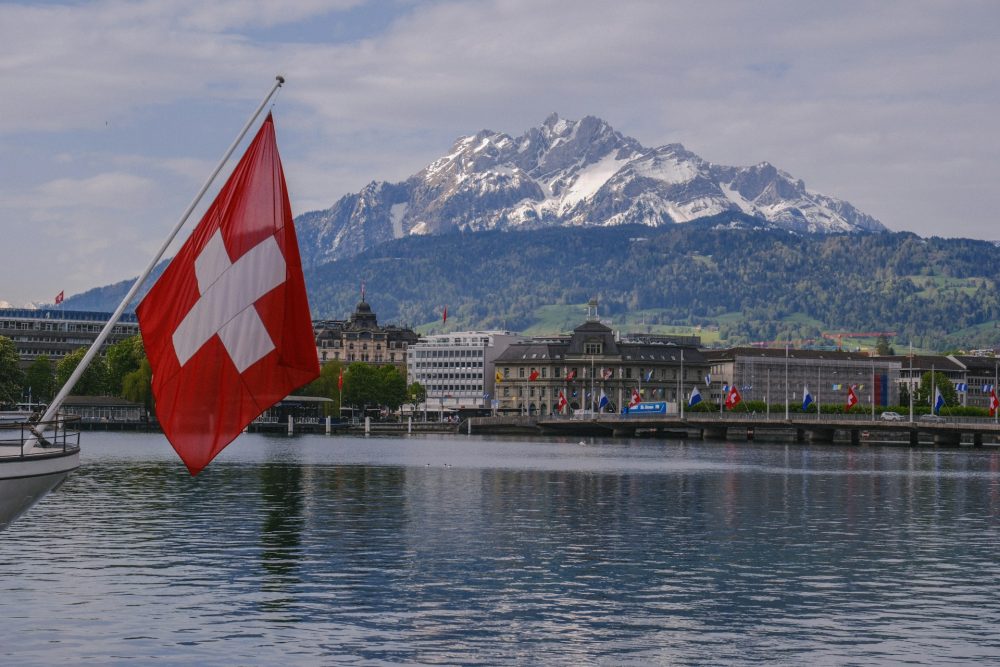Cannabis
Cannabis Clubs: Germany Introduces Strict Regulations
Germany introduces new regulations aimed at tightening control over cannabis clubs, following recent reforms. The Cannabis Act (CanG) allows limited cannabis supply to club members, but new laws seek to prevent commercialization and restrict large-scale cultivation. The future of cannabis clubs depends on adaptation to the evolving legal landscape.

The German government is introducing a new law that aims to clamp down on the commercialization of cannabis associations, known locally as “cannabis clubs.” These changes follow recent reforms that were intended to relax regulations on the use and cultivation of cannabis by private associations.
The Cannabis Act (CanG), introduced last month, allows the creation of associations that can supply their members with up to 50 grams of cannabis per month. These changes have been met with mixed reactions, highlighting the difficulty of bringing local laws into line with international standards that still classify cannabis as a controlled substance.
New regulations and their goals
According to a leaked draft law published by Augsburger Allgemeine, the German government is seeking to tighten the regulations on these associations even further. The goal is to prevent any commercial activity that could result from the distribution of cannabis to club members.
The new regulations prohibit cannabis clubs from operating large crops on shared land, which is intended to make it easier for authorities to monitor activities and prevent these initiatives from turning into commercial ventures.
The government plans to tighten the regulations regarding the cannabis consumption law to respond to the concerns of individual states. The aim is primarily to avoid conflicts with European law by preventing the creation of large, commercial plantations that are more difficult to control.
” The competent authority may refuse a permit if the growing areas or greenhouses of a breeders’ association are structurally linked to the growing areas or greenhouses of another breeders’ association or are in their immediate vicinity, ” the draft reads.
Cannabis clubs in Germany will have to limit their activities to small, non-commercial cultivation. Moreover, association members will have to actively participate in the cultivation, not just buy hemp.

Impact on Cannabis Clubs in Germany
The new restrictions could significantly impact the way cannabis associations conduct their business. For example, the inability to employ permanent employees or use the services of external companies will significantly hamper the development and daily functioning of these organizations.
Associations that hoped to benefit from the economic benefits of collective cultivation will have to rethink their operating models and look for alternative methods of operating within the law.
Reactions and consequences for local authorities
Local authorities have been given more powers to oversee cannabis associations, including the possibility of more frequent inspections and greater sanctions for violations.
Bavaria, which opposed the Cannabis Act from the beginning, has already introduced a catalog of penalties for offenses related to CanG, including fines for people possessing more than the permitted amount of cannabis.
This includes a fine of between €500 and €1,000 for anyone caught possessing more than the permitted amount of cannabis, and €1,000 for anyone caught consuming cannabis in the presence of children.
Summary and future
The new regulations in Germany are an important step in the pursuit of a sustainable cannabis policy that simultaneously tries to prevent commercialization and respect international agreements.
The future of cannabis clubs in Germany will depend on how effectively they are able to adapt to the new legal landscape and how local authorities apply the new regulations.
The restrictions introduced by the German government are an attempt to strike a balance between liberalization and control, which is a challenge for all parties involved. As it turns out, the road to legalizing hemp in Germany is full of compromises and unexpected turns, reflecting the global debate about this controversial plant.
__
(Featured image by Pavel Danilyuk via Pexels)
DISCLAIMER: This article was written by a third party contributor and does not reflect the opinion of Born2Invest, its management, staff or its associates. Please review our disclaimer for more information.
This article may include forward-looking statements. These forward-looking statements generally are identified by the words “believe,” “project,” “estimate,” “become,” “plan,” “will,” and similar expressions. These forward-looking statements involve known and unknown risks as well as uncertainties, including those discussed in the following cautionary statements and elsewhere in this article and on this site. Although the Company may believe that its expectations are based on reasonable assumptions, the actual results that the Company may achieve may differ materially from any forward-looking statements, which reflect the opinions of the management of the Company only as of the date hereof. Additionally, please make sure to read these important disclosures.
First published in FaktyKonopne. A third-party contributor translated and adapted the articles from the originals. In case of discrepancy, the originals will prevail.
Although we made reasonable efforts to provide accurate translations, some parts may be incorrect. Born2Invest assumes no responsibility for errors, omissions or ambiguities in the translations provided on this website. Any person or entity relying on translated content does so at their own risk. Born2Invest is not responsible for losses caused by such reliance on the accuracy or reliability of translated information. If you wish to report an error or inaccuracy in the translation, we encourage you to contact us

-

 Business2 weeks ago
Business2 weeks agoDow Jones Nears New High as Historic Signals Flash Caution
-

 Cannabis3 days ago
Cannabis3 days agoSwitzerland Advances Cannabis Legalization with Public Health Focus
-

 Crypto2 weeks ago
Crypto2 weeks agoBitcoin Surges Toward $110K Amid Trade News and Solana ETF Boost
-

 Fintech6 days ago
Fintech6 days agoRipple and Mercado Bitcoin Expand RWA Tokenization on XRPL

























